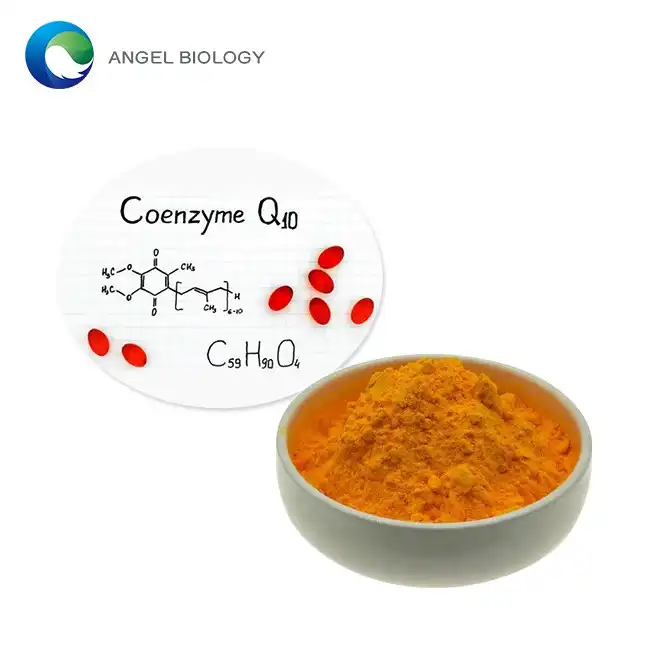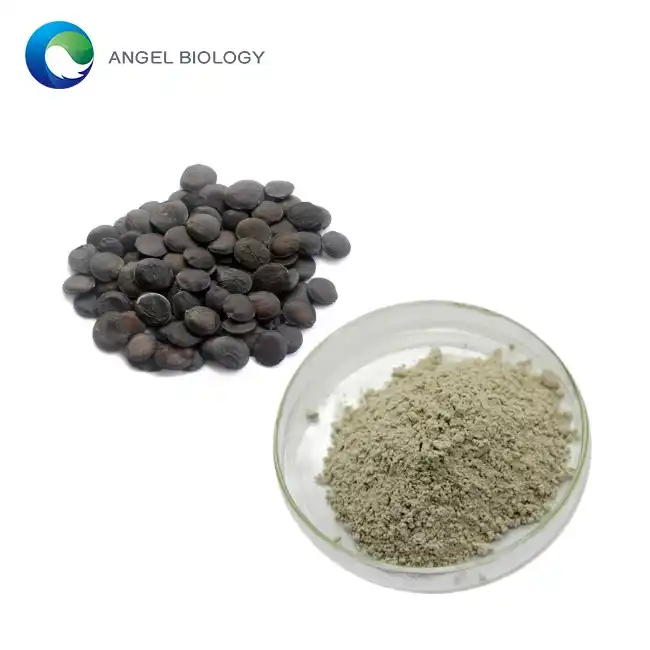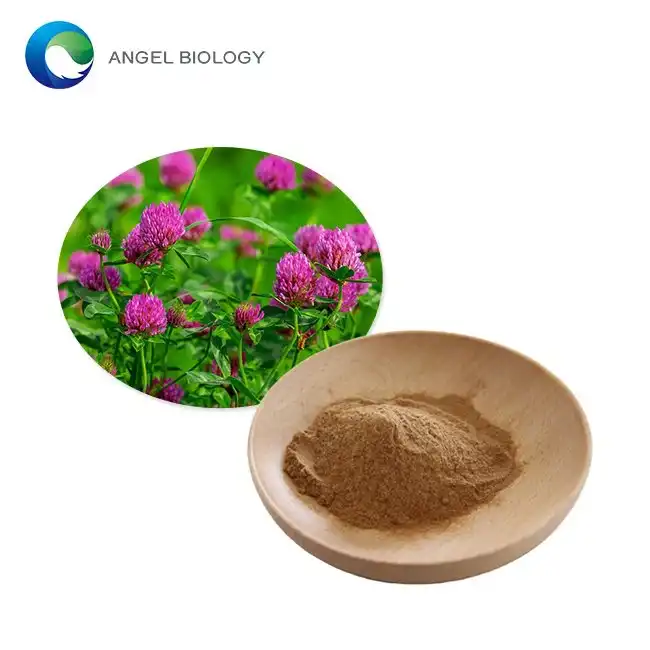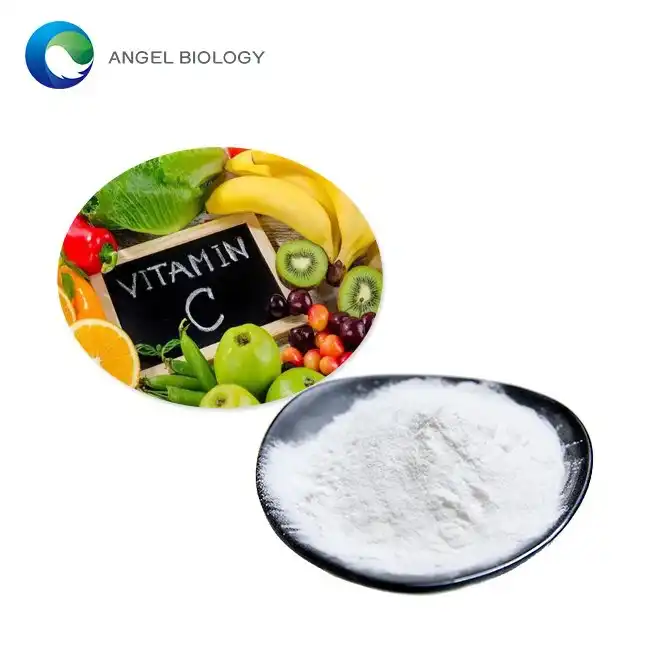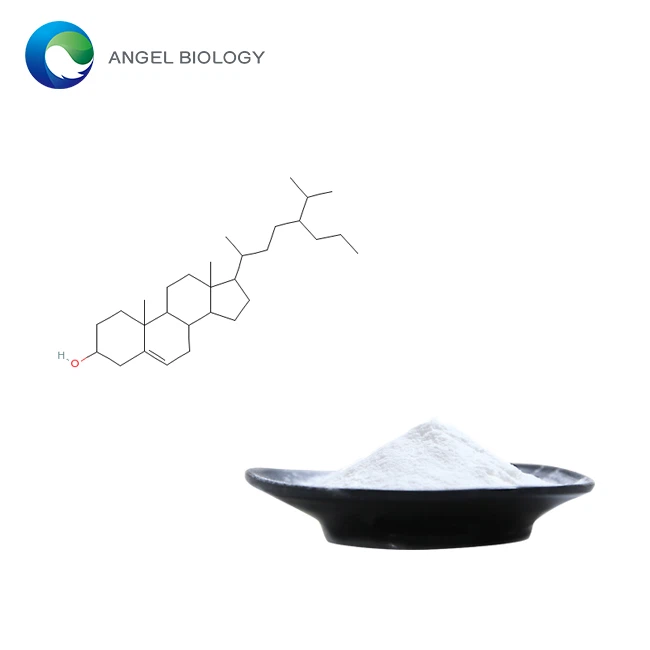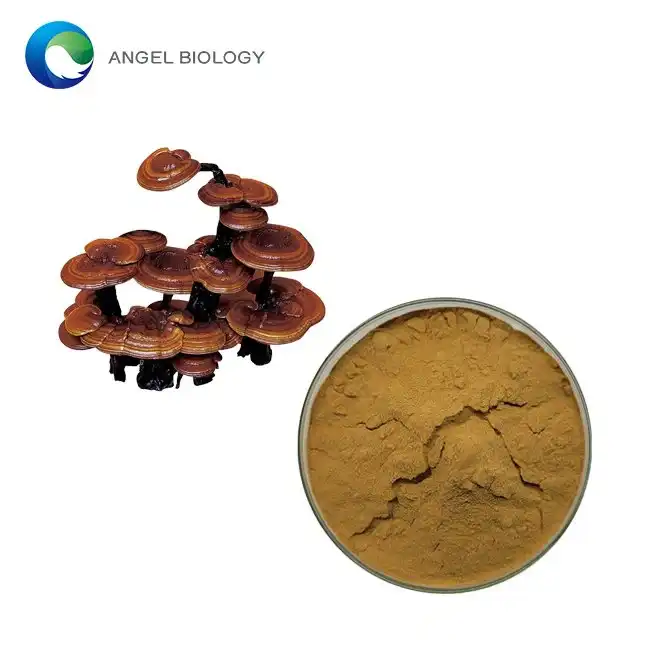Pure Melatonin Powder’s role in mitochondrial protection?
Melatonin, a hormone naturally produced by the pineal gland, has long been associated with regulating sleep-wake cycles. However, recent research has unveiled its remarkable potential in protecting our cellular powerhouses - the mitochondria. This article delves into the fascinating world of pure melatonin powder and its role in safeguarding these vital organelles, potentially revolutionizing our approach to health and longevity.
How melatonin scavenges mitochondrial free radicals?
Mitochondria, often referred to as the "powerhouses" of our cells, play a crucial role in energy production. However, this process also generates harmful byproducts known as free radicals. These unstable molecules can damage cellular structures, including DNA, proteins, and lipids, leading to oxidative stress and accelerated aging.
Enter melatonin - a potent antioxidant with a unique ability to penetrate cellular membranes and accumulate within mitochondria. Unlike many other antioxidants, melatonin powder can effectively neutralize a wide range of free radicals, including highly reactive hydroxyl radicals.
The mechanism by which melatonin scavenges free radicals is multifaceted:
- Direct neutralization: Melatonin directly interacts with free radicals, donating an electron to stabilize them.
- Cascade effect: The metabolites of melatonin, such as N1-acetyl-N2-formyl-5-methoxykynuramine (AFMK), also possess
 antioxidant properties, creating a cascade of protective effects.
antioxidant properties, creating a cascade of protective effects. - Upregulation of antioxidant enzymes: Melatonin stimulates the production of endogenous antioxidant enzymes like superoxide dismutase and glutathione peroxidase.
- Mitochondrial membrane stabilization: By interacting with cardiolipin, a key phospholipid in mitochondrial membranes, melatonin helps maintain membrane integrity and function.
This comprehensive antioxidant action makes pure melatonin powder a powerful tool in protecting mitochondria from oxidative damage, potentially slowing down the aging process and reducing the risk of various age-related diseases.
Research on neurodegenerative disease prevention
The neuroprotective properties of melatonin have garnered significant attention in the scientific community, particularly in the context of neurodegenerative diseases. These conditions, characterized by progressive loss of neuronal function, often involve mitochondrial dysfunction and oxidative stress as key pathological mechanisms.
Several studies have explored the potential of melatonin in preventing or mitigating neurodegenerative diseases:
- Alzheimer's Disease (AD): Research has shown that melatonin can reduce the formation of β-amyloid plaques, a hallmark of AD. Moreover, it helps preserve mitochondrial function in neurons, potentially slowing cognitive decline.
- Parkinson's Disease (PD): Melatonin has demonstrated neuroprotective effects in animal models of PD, reducing oxidative stress and preserving dopaminergic neurons.
- Huntington's Disease (HD): Studies suggest that melatonin may help mitigate mitochondrial dysfunction and reduce neuronal loss in HD models.
- Amyotrophic Lateral Sclerosis (ALS): Preliminary research indicates that melatonin could potentially slow disease progression in ALS by preserving motor neuron function.
The neuroprotective effects of melatonin powder are attributed to its multi-faceted action:
- Antioxidant properties: As discussed earlier, melatonin's potent antioxidant effects help protect neurons from oxidative damage.
- Anti-inflammatory action: Melatonin can modulate neuroinflammation, a common feature in neurodegenerative diseases.
- Mitochondrial support: By preserving mitochondrial function, melatonin helps maintain neuronal energy metabolism and viability.
- Regulation of apoptosis: Melatonin can influence cell death pathways, potentially preventing excessive neuronal loss.
- Enhancement of neuroplasticity: Some studies suggest that melatonin may promote neurogenesis and synaptic plasticity.
While these findings are promising, it's important to note that much of this research is still in preclinical stages. Further clinical trials are needed to fully elucidate the potential of pure melatonin powder in preventing or treating neurodegenerative diseases in humans.
Optimal dosing for antioxidant vs. sleep effects
One of the most intriguing aspects of melatonin supplementation is the variation in dosage required for different effects. While lower doses are typically sufficient for sleep regulation, higher doses may be necessary to harness its full antioxidant and neuroprotective potential.
Sleep regulation:
- For improving sleep onset and quality, doses ranging from 0.3 to 5 mg are typically recommended.
- Some studies suggest that doses as low as 0.1 to 0.3 mg can be effective for sleep regulation.
- Timing is crucial, with most experts recommending taking melatonin 1-2 hours before bedtime.
Antioxidant and neuroprotective effects:
- Higher doses, ranging from 3 to 10 mg or more, may be required to achieve significant antioxidant effects.
- Some studies on neurodegenerative diseases have used doses up to 50-100 mg, although such high doses should only be used under medical supervision.
- The timing of dosage for antioxidant effects is less critical than for sleep regulation.
It's important to note that the optimal dosage can vary significantly between individuals due to factors such as age, body weight, and individual metabolism. Moreover, the bioavailability of melatonin powder can be influenced by factors such as diet, concurrent medications, and the specific formulation used.
When using melatonin for its antioxidant properties, several considerations should be kept in mind:
- Sustained release formulations: These may be more effective for maintaining consistent blood levels of melatonin throughout the night.
- Potential for daytime drowsiness: Higher doses may cause drowsiness in some individuals, which could be problematic if taken during the day.
- Individual sensitivity: Some people may be more sensitive to melatonin's effects and may experience side effects even at lower doses.
- Interaction with other medications: Melatonin can interact with various medications, including blood thinners and immunosuppressants.
- Long-term effects: While short-term use of melatonin is generally considered safe, the long-term effects of high-dose supplementation are not yet fully understood.
Given these considerations, it's crucial to consult with a healthcare professional before starting any melatonin supplementation regimen, especially when using higher doses for antioxidant or neuroprotective purposes. They can help determine the appropriate dosage based on individual needs and monitor for any potential side effects or interactions.
antioxidant or neuroprotective purposes. They can help determine the appropriate dosage based on individual needs and monitor for any potential side effects or interactions.
The dual nature of melatonin - as both a sleep regulator and a potent antioxidant - makes it a fascinating compound with diverse potential applications. As research continues to unravel the complexities of melatonin's actions in the body, we may discover even more ways to harness its protective properties for health and longevity.
The role of pure melatonin powder in mitochondrial protection represents an exciting frontier in health and wellness. Its potent antioxidant properties, coupled with its ability to support mitochondrial function, make it a promising candidate for preventing age-related diseases and promoting overall cellular health.
Conclusion
As we continue to explore the multifaceted benefits of melatonin, from its well-known sleep-promoting effects to its emerging role in neuroprotection, it's clear that this remarkable compound has much more to offer than we initially thought. The ongoing research into optimal dosing strategies and potential therapeutic applications holds the promise of unlocking even more benefits in the future.
If you're intrigued by the potential of pure melatonin powder and its role in mitochondrial protection, we encourage you to explore high-quality supplements from trusted sources. Angelbio, a leader in natural ingredients for health and wellness, offers premium melatonin powder that meets the highest standards of quality and purity. Our products are designed to support your overall health and well-being, from better sleep to cellular protection.
Ready to experience the benefits of pure melatonin powder for yourself? Contact us at angel@angelbiology.com to learn more about our products and how they can support your health journey. Our team of experts is here to answer your questions and help you make informed decisions about your wellness routine.
References
1. Reiter, R. J., et al. (2016). Melatonin as a mitochondria-targeted antioxidant: one of evolution's best ideas. Cellular and Molecular Life Sciences, 73(18), 3467-3483.
2. Hardeland, R. (2019). Melatonin and the electron transport chain: interactions and implications for mitochondrial function and neuroprotection. Frontiers in Physiology, 10, 1147.
3. Cardinali, D. P. (2019). Melatonin: Clinical perspectives in neurodegeneration. Frontiers in Endocrinology, 10, 480.
4. Zisapel, N. (2018). New perspectives on the role of melatonin in human sleep, circadian rhythms and their regulation. British Journal of Pharmacology, 175(16), 3190-3199.



